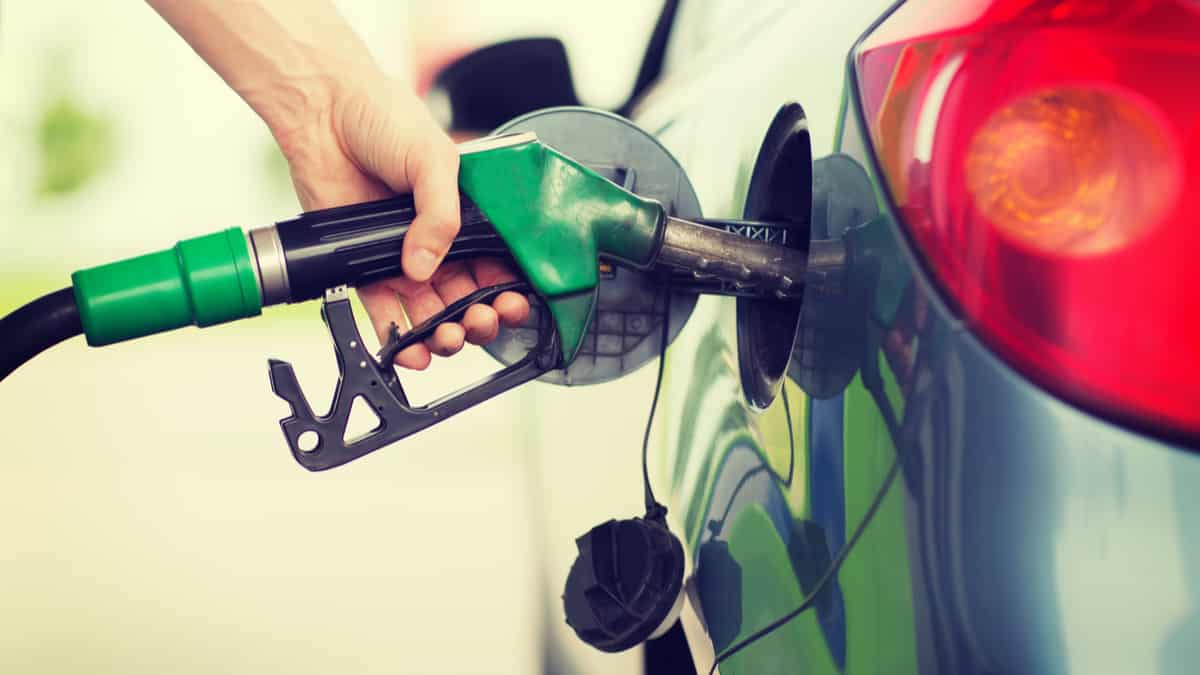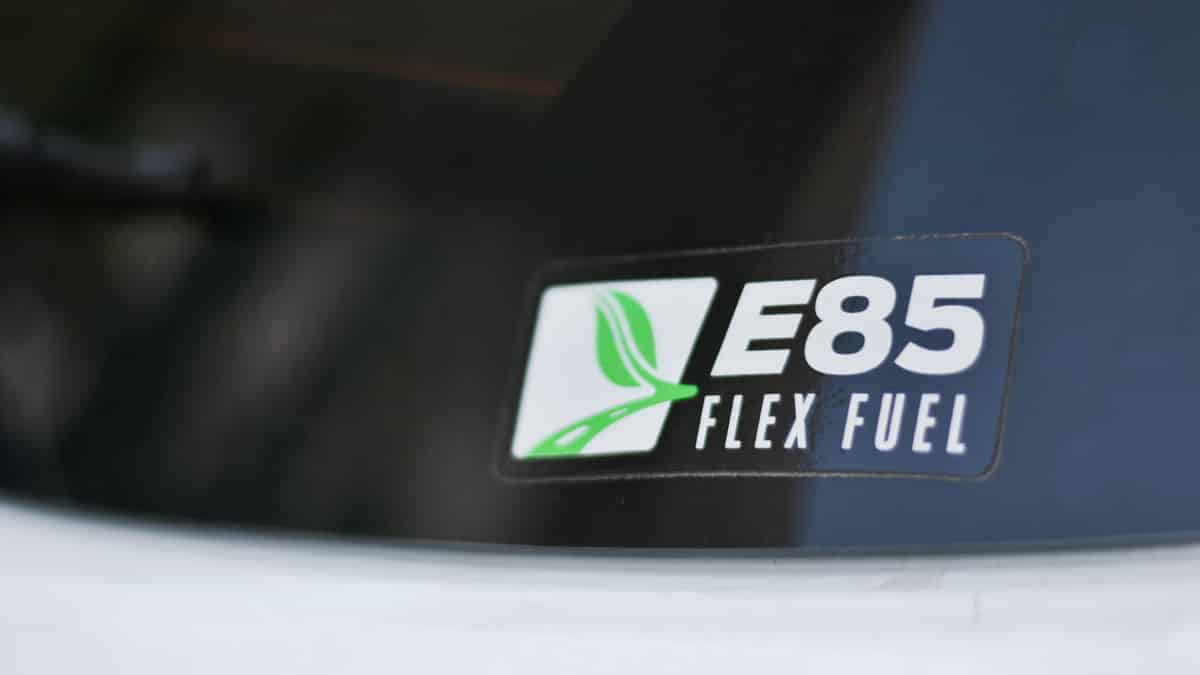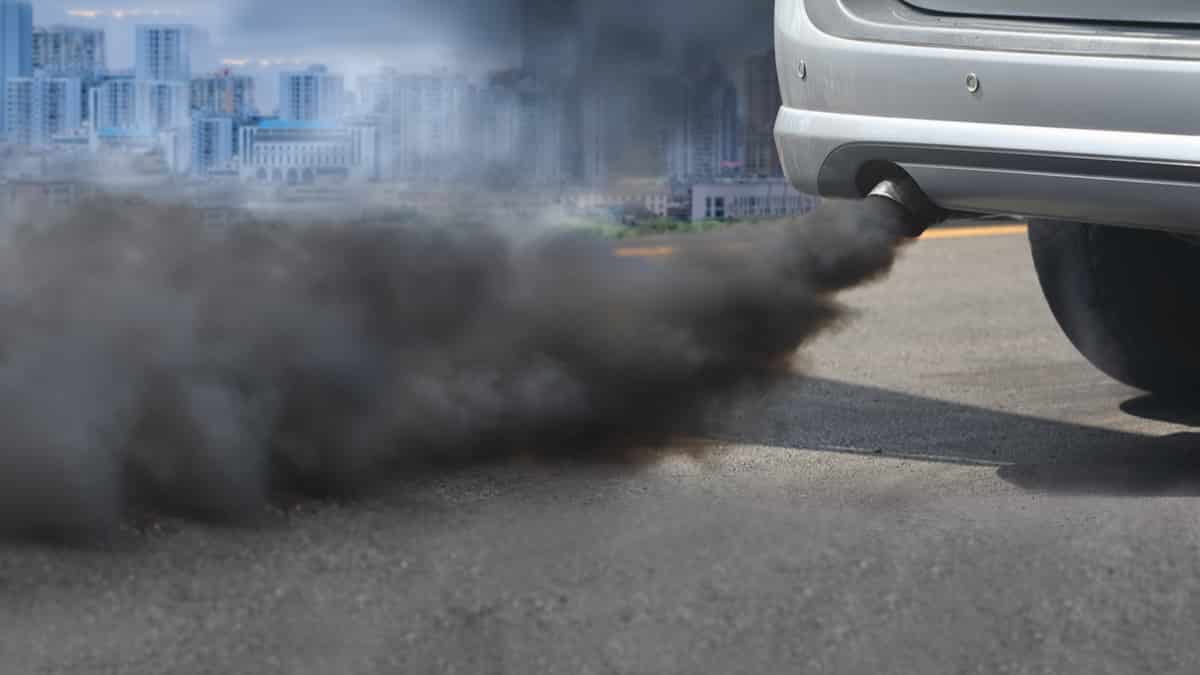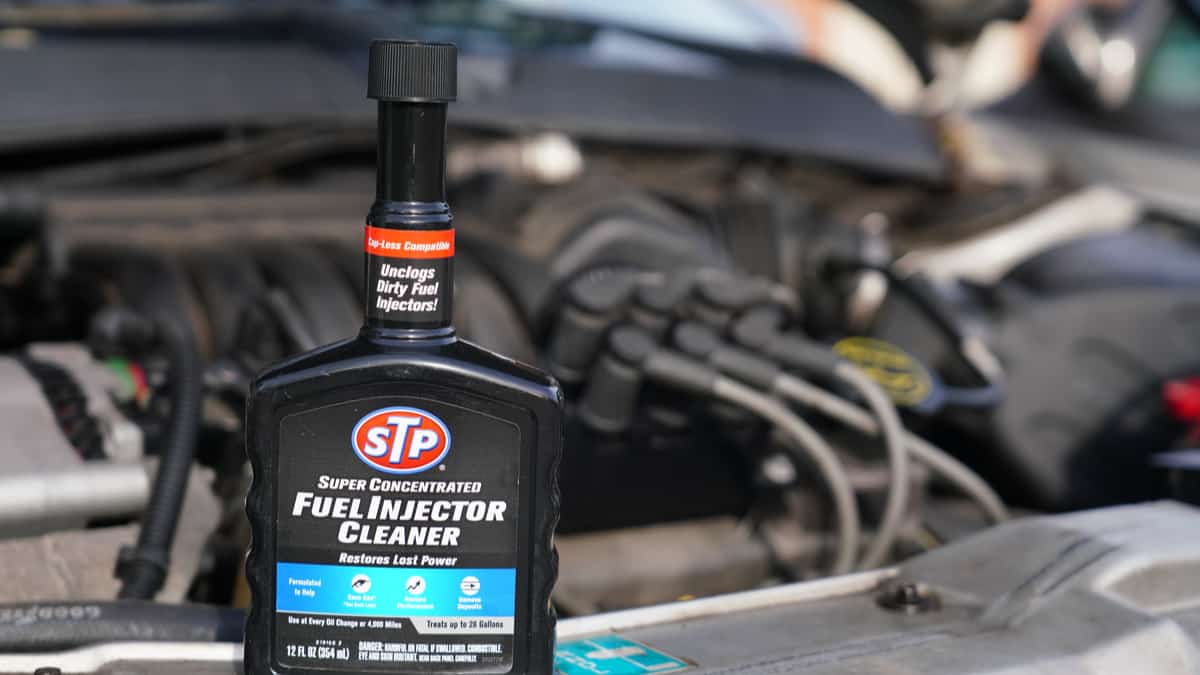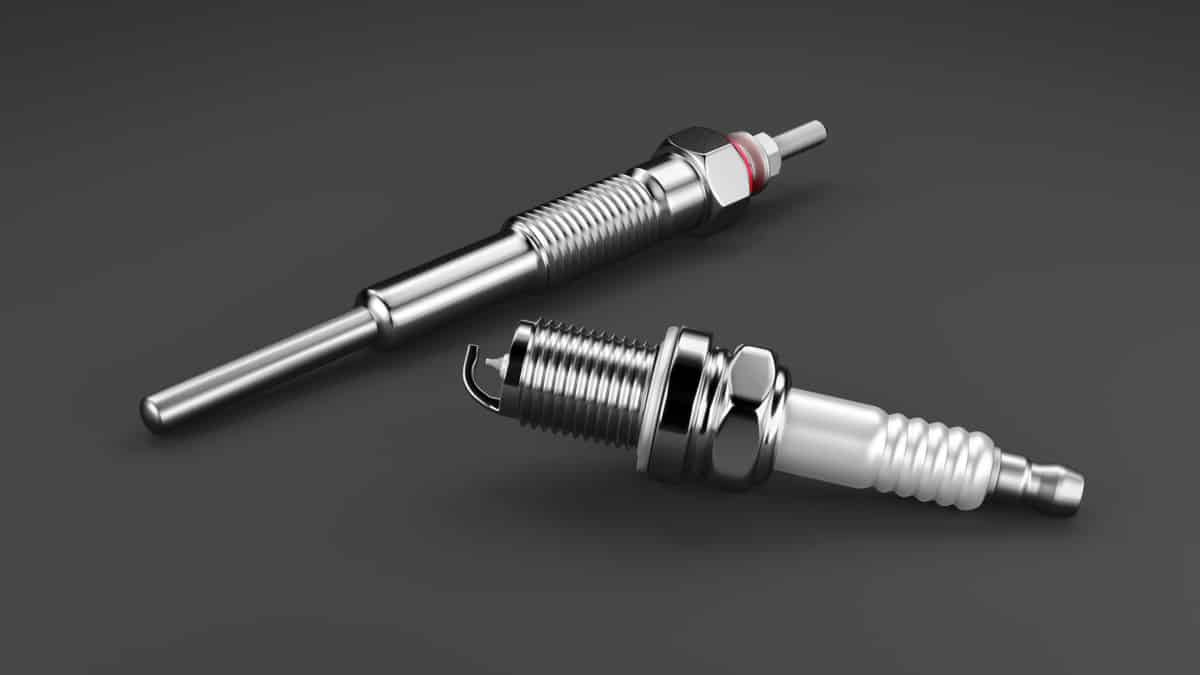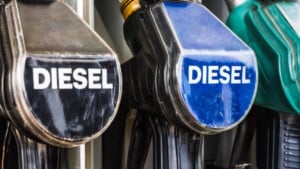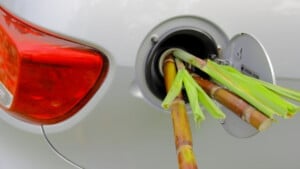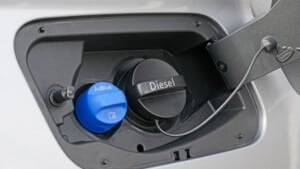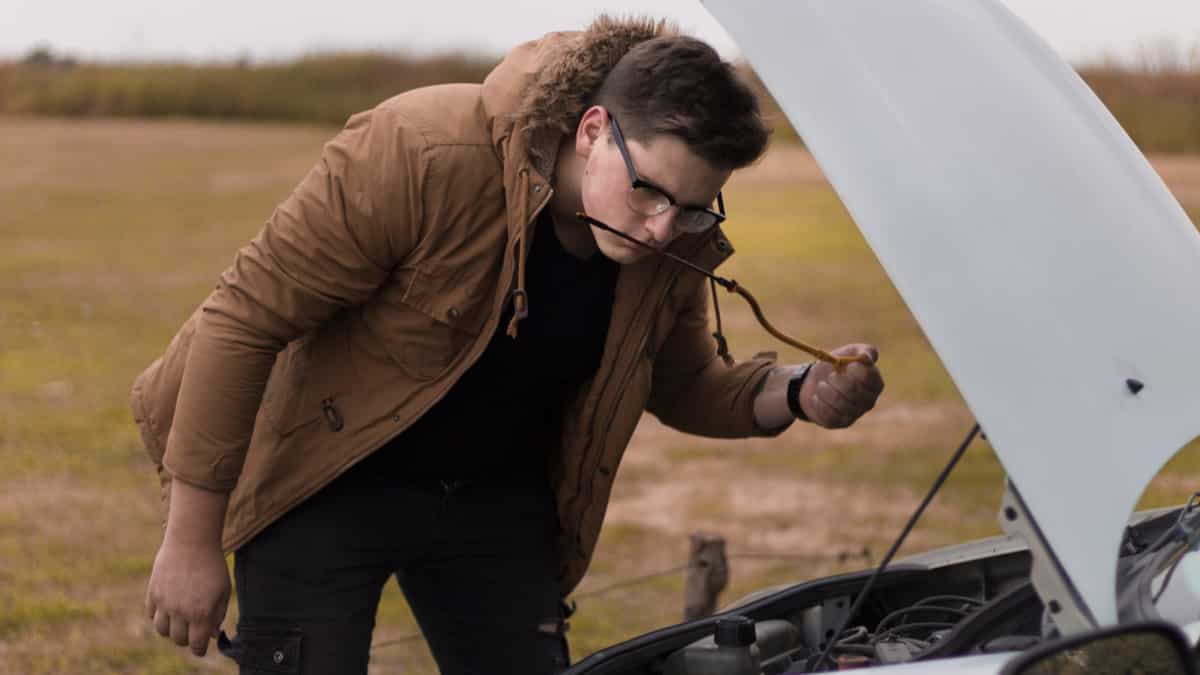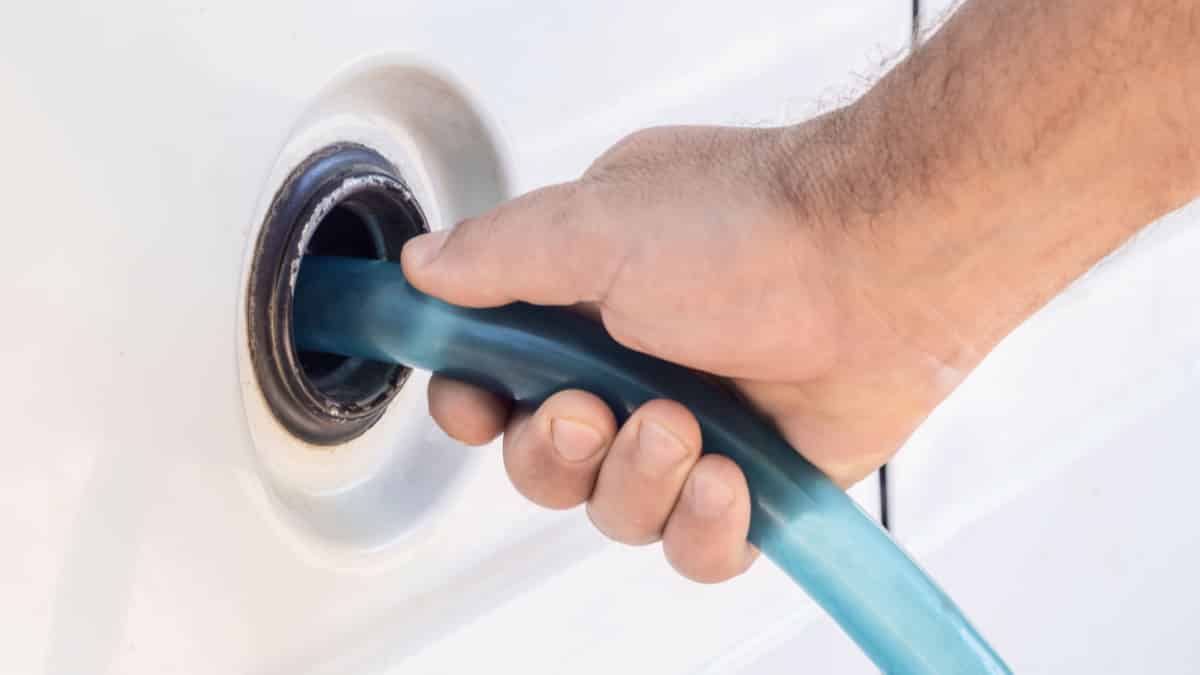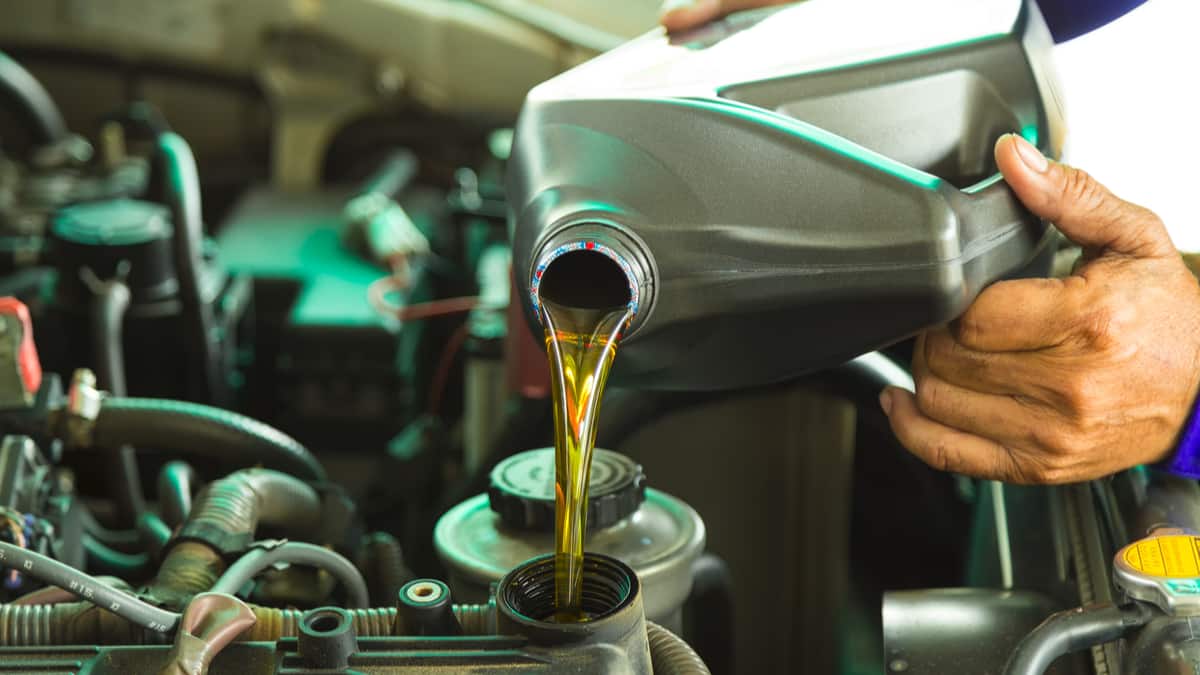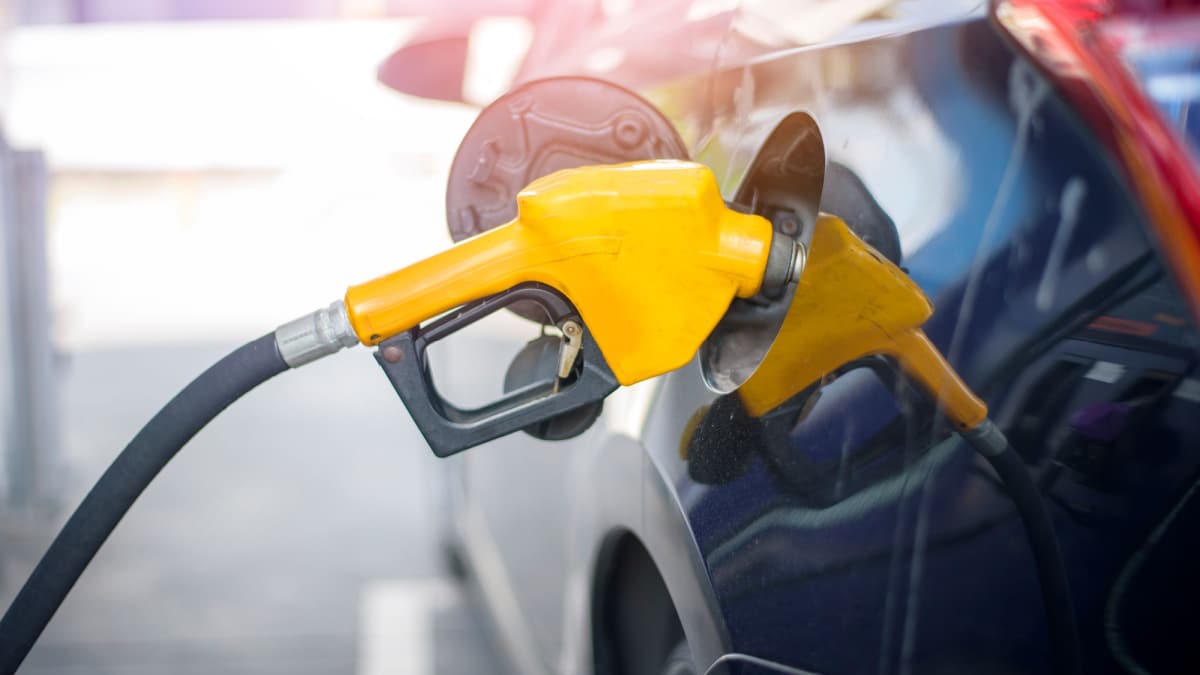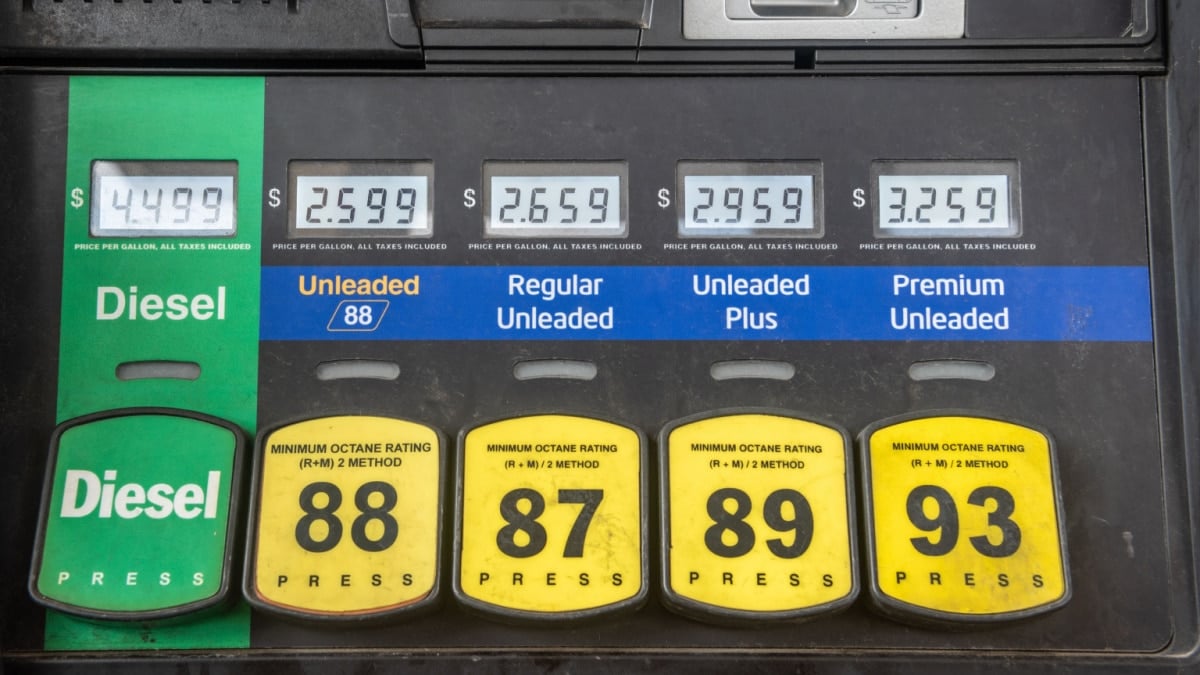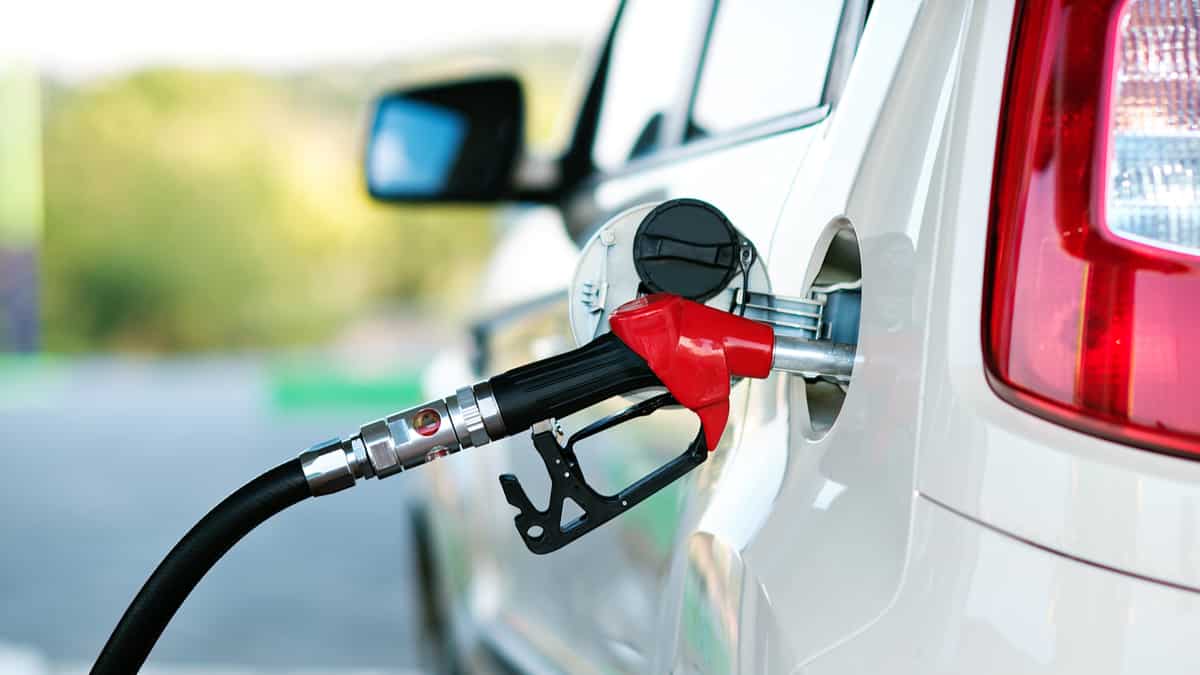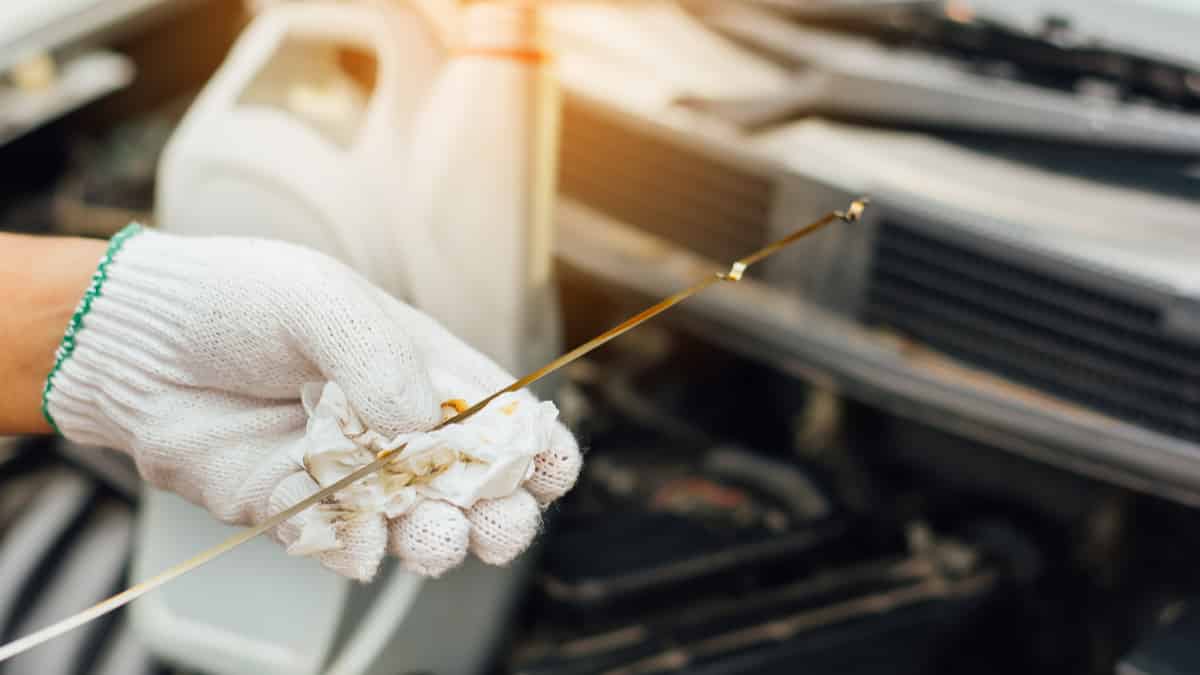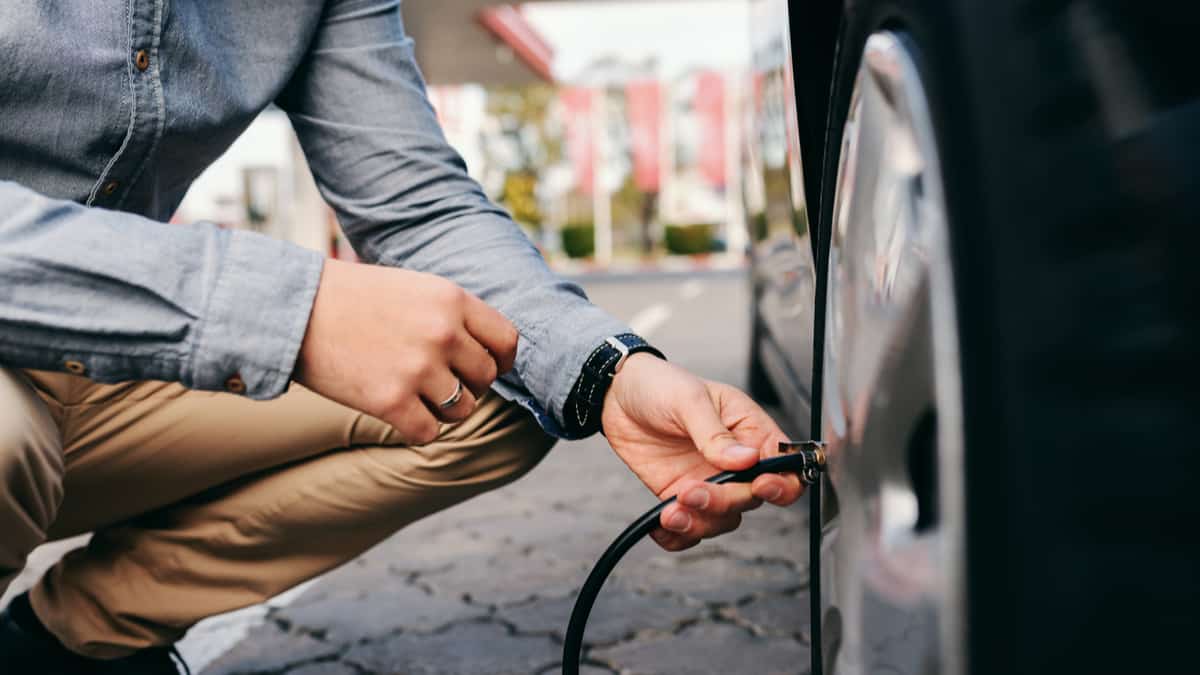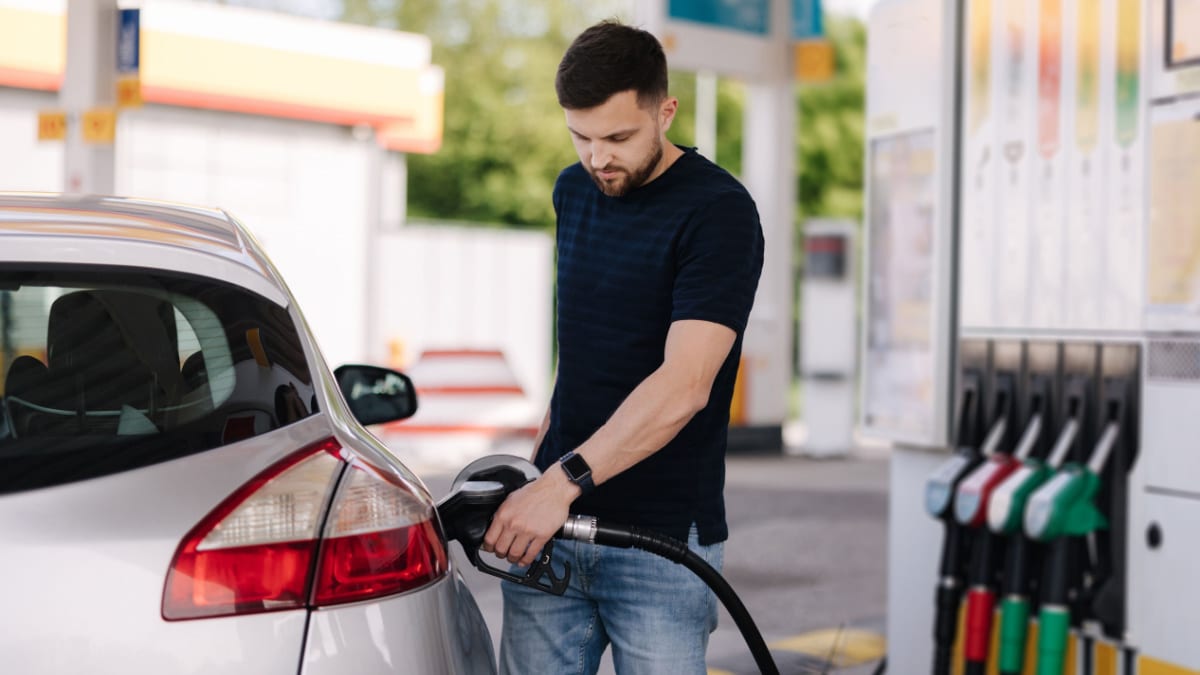When you pull up to the gas pump, you see several different handles revealing the fuel type. Most of the pumps are unleaded fuel rated at different octanes, all with different colored handles. There’s also a handle for diesel fuel that is usually green. But what happens if you put gas in a diesel engine because you mixed up the pumps?
We look at the differences between gasoline and diesel to determine if they can be swapped for one another. We also show you what happens if gas is put in a diesel engine and show you what to do if you’ve made this mistake. By the end of the article, you’ll have your top questions answered.
Differences Between Diesel and Gasoline
Diesel fuel has larger molecules than gasoline, making it heavier. The viscosity and density variance causes atomization to happen differently. Plus, the flash point and auto-ignition temperatures are higher than gasoline. Diesel also has lubricating properties, while gasoline doesn’t.
Knowing this, the opposite can be said about gasoline. It’s lighter with smaller molecules. The flash point temperature is lower than diesel. Plus, gasoline evaporates while diesel doesn’t. Gasoline offers no lubricating properties but acts more as a solvent.
Can You Put Gas into a Diesel Engine?
No, the diesel engine is not equipped to handle gasoline. Diesel engines don’t have spark plugs but rely on compression to ignite the fuel. Therefore, combustion won’t occur properly.
Aside from that, serious damage can happen once gasoline circulates through the diesel system. The diesel fuel system needs proper lubrication, which gasoline cannot offer. The entire system needs to be purged and cleaned from the gasoline before driving again.
What Happens if You Put Gas in a Diesel Engine?
If gasoline is in your diesel engine, it will lead to uncontrollable detonation and a lack of lubrication. It can also cause the engine to stall and damage the diesel pump. Finally, the fuel injectors can fail and severe engine damage can occur, leading to costly repair bills.
Let’s look at these possibilities a little closer.
1. Uncontrollable Detonation
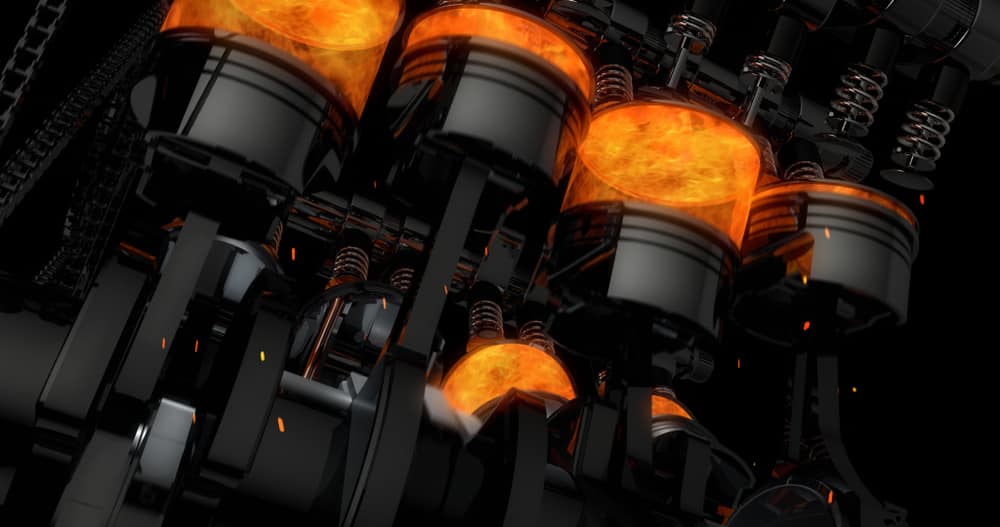
The air-fuel mixture in the combustion chamber is ignited differently between the gas and diesel engine. Because incomplete combustion occurs of the gas in the diesel tank, you may see large amounts of black smoke from the tailpipe.
The problem also leads to detonation, which is an explosion of the fuel within the cylinder. This knock or pinging sound is most prevalent during acceleration.
2. No Lubrication
Diesel fuel is needed to keep the components of the system properly lubricated. In comparison, gasoline doesn’t offer any lubricating properties.
With a lack of lubrication, the metal components can start to rub together and create friction. This problem leads to abnormal wear of the fuel system parts.
3. Stalling Engine
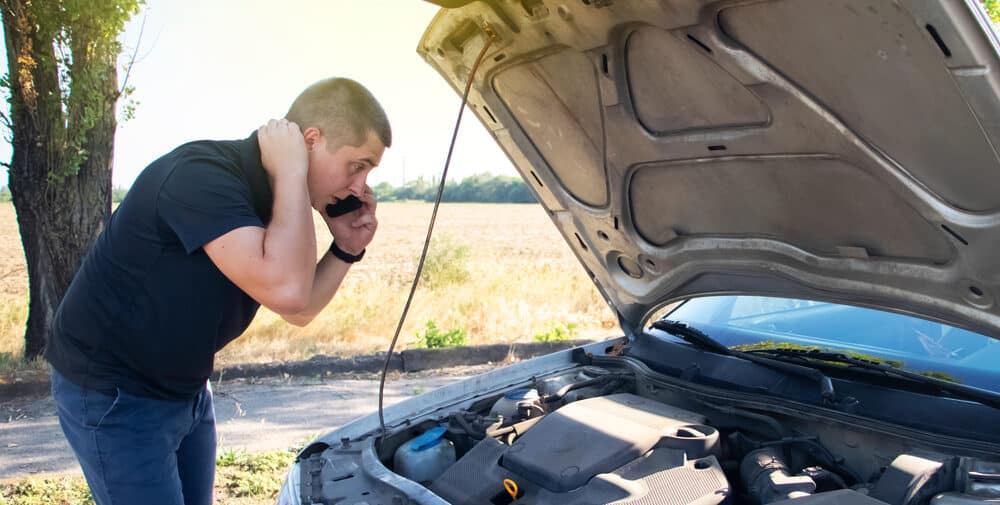
With the combustion occurring at the wrong time and the air-fuel mixture not being used, the computer starts to compensate by making adjustments. The result is a lack of power and decreased performance.
It can get so bad that the engine starts to stall. Plus, the sensors for the computer may become contaminated and stop working properly.
4. Failing Diesel Pump
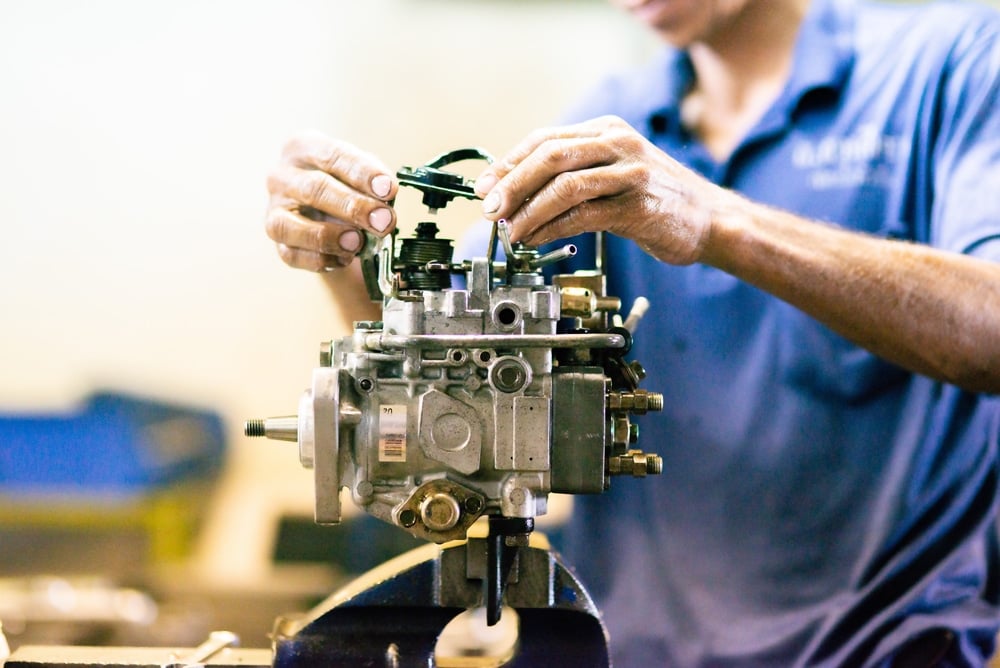
The contamination from the gasoline can cause damage to the fuel pump. Diesel fuel acts as an oil, while gasoline is a solvent.
Without the right amount of lubrication, the pump will fail. You don’t want to damage this critical component, as a new diesel fuel pump can cost $1,500 to $2,500. Even if you could complete the repair yourself, you would need to spend the money on the parts.
5. Failing Fuel Injectors
For the same reason that the pump fails, so will the injectors. Without the right amount of lubrication, the injectors are subject to excessive wear.
It won’t take long before damage occurs. When it does, keep in mind that new fuel injectors can cost $350 to $850 each.
6. Severe Engine Damage
Whether it’s a lack of lubrication or the change in flash point temperature, serious damage is going to occur to the engine. Even putting 1% of gasoline in a full diesel tank can lower the flash point by 64 degrees Fahrenheit.
This temperature change causes premature ignition that’s going to create massive damage. You may be looking at a new engine if you don’t clean out the system fast enough.
What to Do if You Put Gas in a Diesel Engine?
If you’ve accidentally put gasoline in your diesel engine, you must take quick action. Here are some steps to follow.
- Do not start the car. If you’ve already started it, turn off the engine and park in a safe location.
- Call a tow truck. Do not continue driving your car.
- Let a mechanic fix the vehicle. It’s best to visit a diesel mechanic. Be patient as the repair may take time and it will probably cost you a lot of money.
Even as professional mechanics, this job is one that requires a lot of expertise. For that reason, we don’t usually recommend tackling it yourself. You would need to remove the fuel system components and drop the tank to completely clean all of the gasoline out before using the vehicle again.
What About Diesel In A Gasoline Engine?
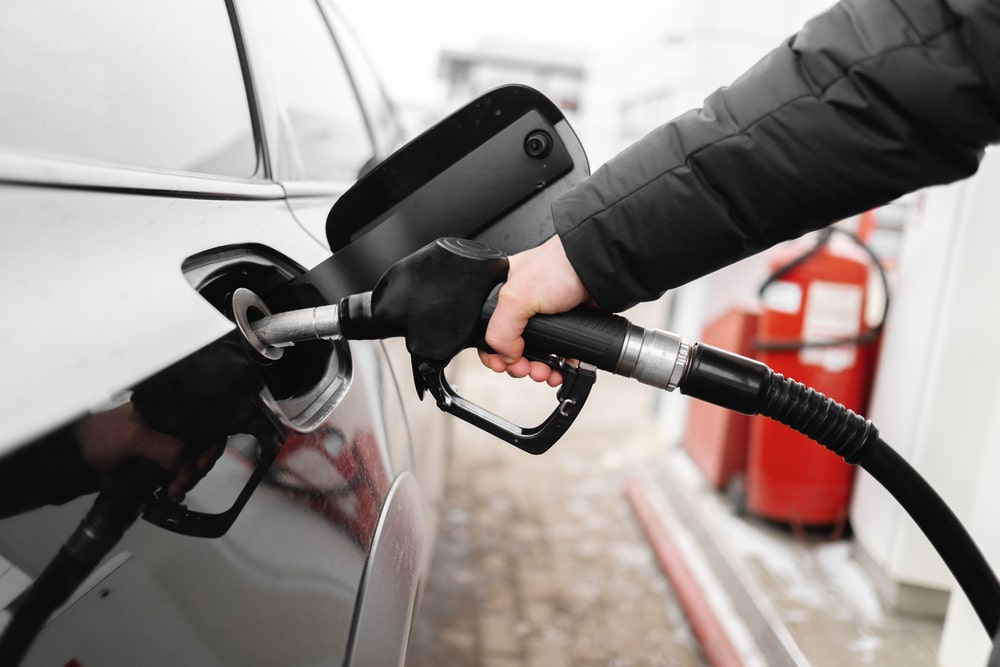
Let’s examine the reverse scenario. If you’ve put the diesel into the gas tank, you are looking at several other problems too.
First, you have a significant reduction in octane as the diesel dilutes the gasoline. The octane rating is important to how ignition occurs. If the octane is low, the gas is going to ignite too soon. The gas ignites, but the piston will still be moving, causing a pressure collision that leads to knocking and damage to the piston and rod.
Gasoline typically has an octane rating between 87 and 93, while diesel fuel is only 25 to 40. If you only mix 2% diesel into the gasoline, you’ve already gone down a point of octane. Putting 10% of diesel in the tank reduces it by five points, but that’s more than enough to cause serious problems.
Yet, that’s not all that can happen. Diesel is heavy and it sinks to the bottom of a gas tank. Because a mixture of diesel and gas will be injected, deposits are left behind on the spark plugs, valves and pistons. If you continue to drive despite the problems it exhibits, you can cause serious engine damage.
Even worse, if the cylinder gets filled with enough diesel, it could become hydro-locked. From here, you are looking at a blown head gasket or cracked cylinder head. It could be the last mile your vehicle drives, especially if it’s not worth fixing.
Finally, any unburned diesel fuel that makes it past combustion is going to get into the exhaust. It can cause the catalytic converter to ignite and a fire could break out. None of these are things you want to deal with, which is why it’s important to carefully choose the right fuel to put into your vehicle.
Will gas ruin a diesel engine?
Yes, gas will cause detonation, a stalling engine and failure of the fuel system. If you continue to drive, it can also cause permanent engine damage. The only way to fix the problem is to clean out all of the gasoline from the diesel fuel system and engine before driving again.
How much gasoline can a diesel engine tolerate?
Some manufacturers say that your diesel engine can handle up to 10% of fuel before damage occurs. However, many of the parts will still endure premature wear, even if the engine doesn’t become damaged. It’s best to avoid putting any gasoline in the diesel engine if you want to avoid repair bills.
Will 1 gallon of gas damage a diesel engine?
If you just pumped a gallon of gas and realized your mistake, it’s best to have the vehicle towed. Don’t attempt to drive it. While one gallon may not cause serious damage, it’s best to ask a professional before taking the chance.
Is diesel in a gas engine worse than gas in a diesel engine?
Gas in a diesel engine is usually worse, however, neither option is preferable as the two systems are not meant to work together. With gas in diesel or diesel in gas, you are looking at serious mechanical failures that cost a good amount of money to fix. Stick to putting the right type of fuel in your car to avoid these problems.
Does gas float on diesel?
Diesel is denser than gasoline. If put in a container together, such as a fuel tank, the diesel will sink to the bottom. This can be disastrous in your gas engine if the fuel gets taken from the bottom of the tank. If you’ve put the wrong fuel in your vehicle, have it checked by a mechanic before driving.
There are few things as serious as using the wrong fuel in your vehicle, whether you put diesel in the gas tank or gasoline in the diesel tank. For this reason, it’s critical to pay attention when you are pumping. Avoid distractions and double-check what pump you are using. A few extra seconds at the pump can save you a lot of trouble.
If you have put the wrong fuel in, don’t panic. The next step is to have the vehicle checked over by a mechanic. If you haven’t started the vehicle, there’s a lot less to fix, so your expenses won’t be as bad.
Categories: General
